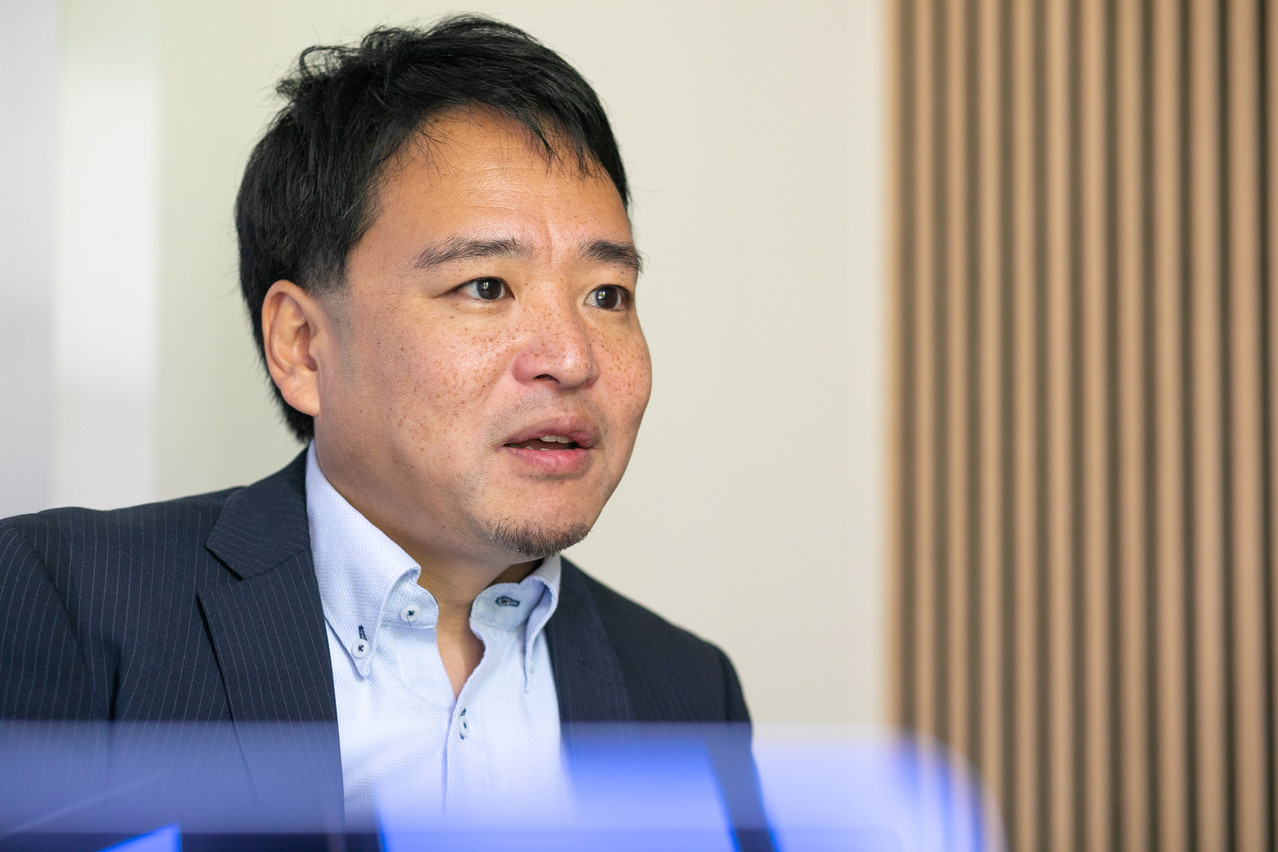Two offices in Japan, one in the US, and soon one in Luxembourg--Space Shift continues its expansion into the world, as it confirmed with Delano on 26 October. Established in 2009, the company offers monitoring solutions to note changes that take place--be it in agriculture, real estate or the environment--all over the world over the course of a day or more. “With just the human eye and brain, it’s impossible to analyse the entire earth once per day,” Kanemoto says.
Collecting data, regardless of the weather
But with access to a strong network of Earth observation satellites and synthetic aperture radar technology--which isn’t dependent on the weather to scan ground surfaces-- can collect information to, for instance, observe the evolution of crops or real estate development anywhere in the world. Other applications include measuring the scope of natural disaster damages or, by following the growth of vegetable crops, alerting advertisement companies of the best times to promote certain products.
Read also
While the end goal will be to sell its software to commercial businesses--like insurers or real estate investors--Space Shift currently provides the analysis of the data collected by its software, “since we have to convince potential clients of the usefulness of satellite data for business,” Kanemoto explains. Of course, the customer can then do a joint analysis using data collected on the field.
Luxembourg, a perfect landing ground
So why come all the way to Luxembourg? To this, Kanemoto, who is visiting Luxembourg for on 27 and 28 October explains that “Luxembourg is central and neutral so it's easy to gather people around from Europe.” Though the company has experience with other European businesses, the grand duchy, with its international culture, makes it easier to implement Space Shift’s plans for a branch focused on research and development.
Then, to be part of one of the European Space Agency ESA’s programmes, the company has to be European too.
Of course, the grand duchy’s desire to be a significant player in the space field helped in the selection of the future office’ location. “In the beginning, I figured that if we got support from the government, we would open an office here.” But the decision ended up coming sooner than that, after a meeting with business incubator Technoport. For Kanemoto, Luxembourg is “ideal”, as his company can show large non-space companies headquartered in the country the usefulness of space data before spreading the word across the globe.
Still looking for “talented folks” to join, Space Shift hopes to find collaborators in Luxembourg to “make a new way to utilise space for the economy and human life together in Luxembourg.”
